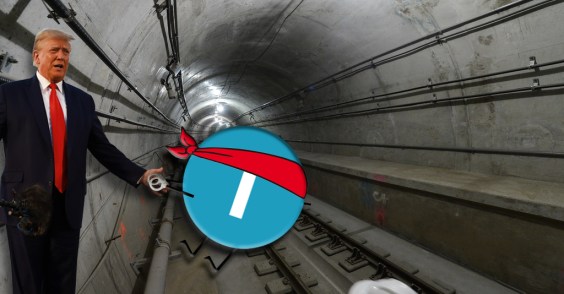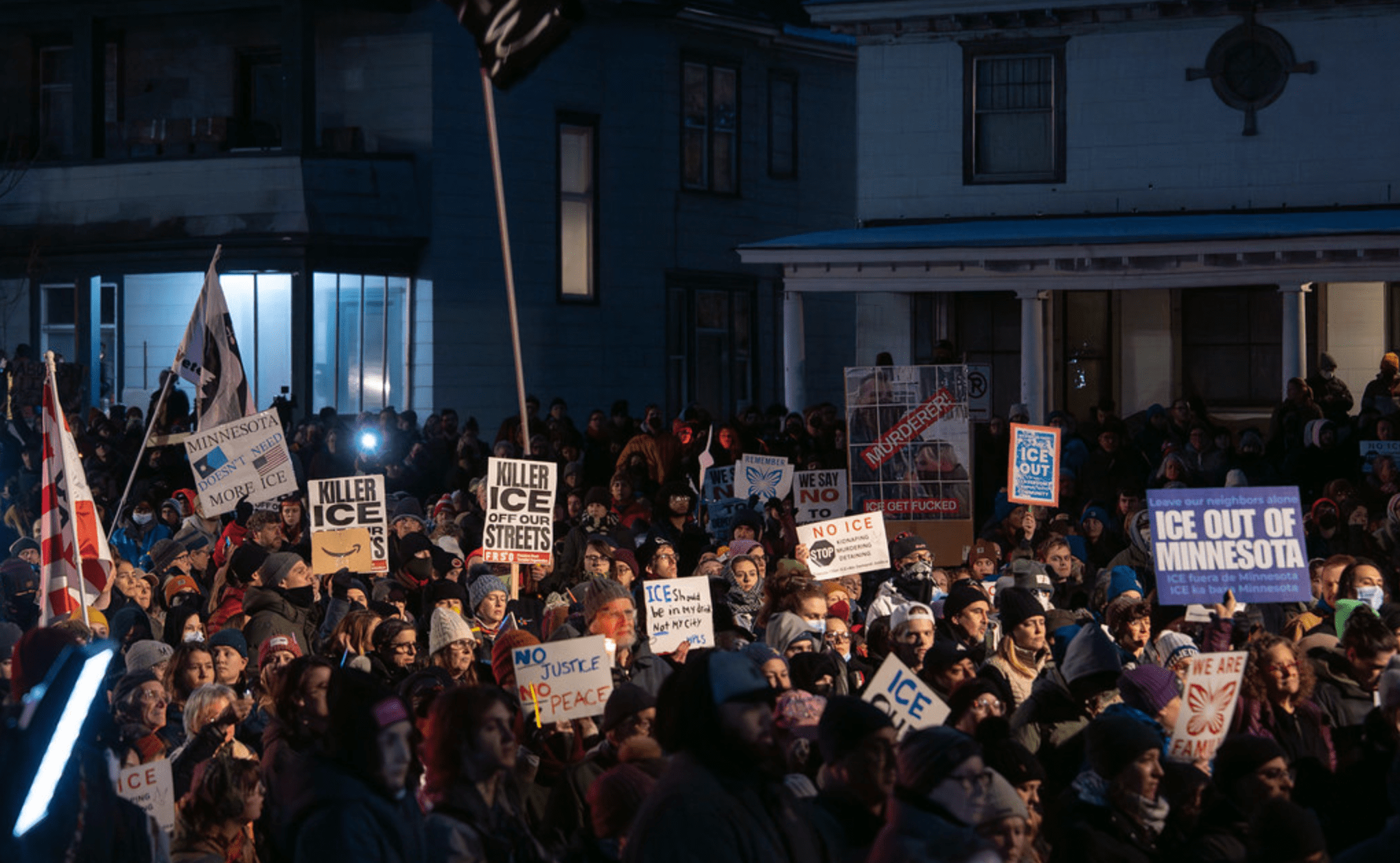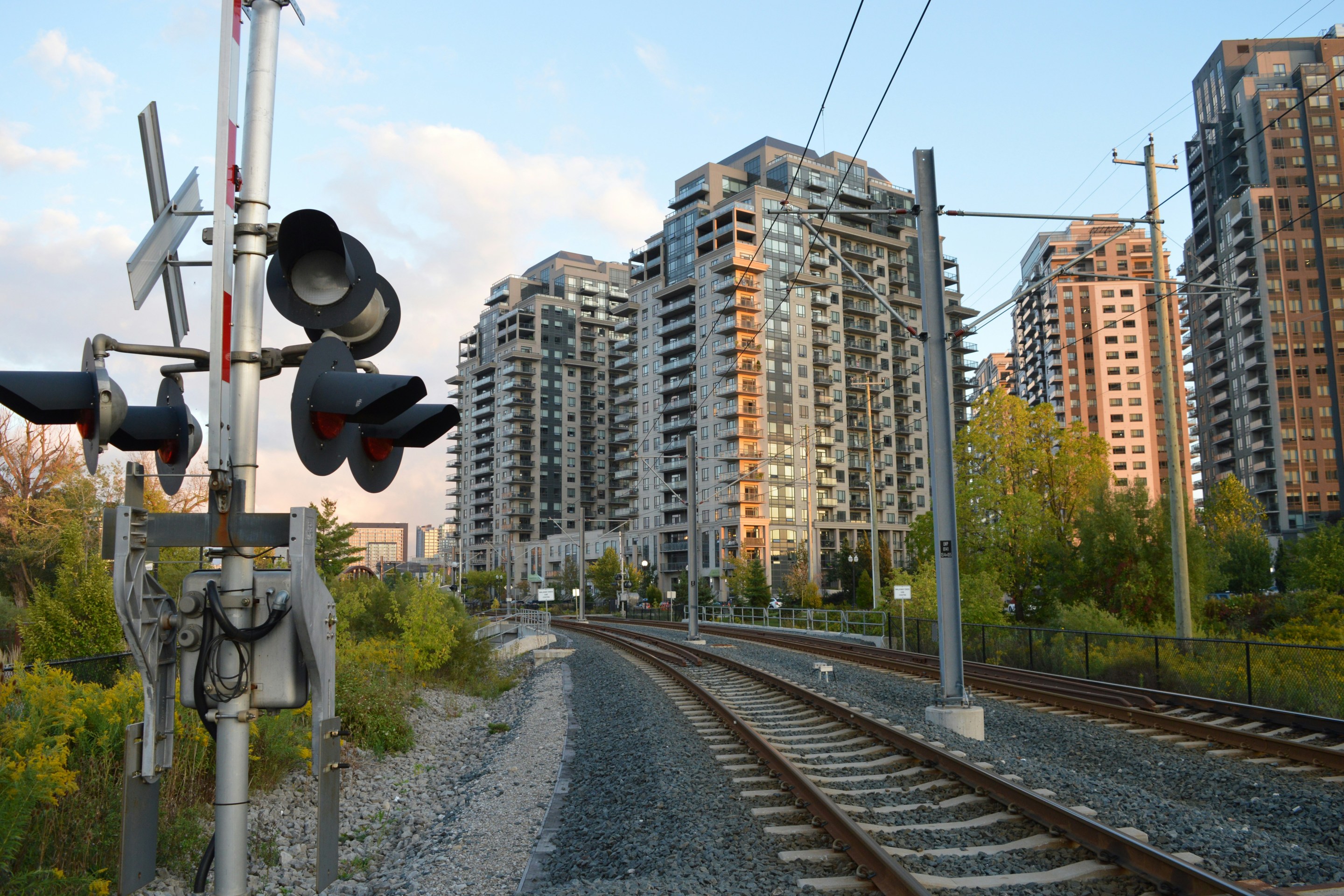The conflicted state of federal transportation policy-making was on vivid display today, as House lawmakers pressed ahead on a $500 billion bill that still lacks a funding source while the Obama administration scrambled to find $20 billion for a bailout of the highway trust fund.
Members of the famously bipartisan House transportation committee lined up today to criticize the White House for its sudden decision to back an 18-month extension of current law -- effectively delaying a broad overhaul of Washington decision-making until after the 2010 congressional elections.
"I'm disappointed, as many of our colleagues are, in the administration's position," Rep. Nick Rahall (D-WV) said. Indeed, the d-word was invoked time and again by lawmakers in both parties, all of whom were clearly committed to helping panel chairman Jim Oberstar (D-MN) push a bill to passage this year.
But Transportation Secretary Ray LaHood kept his eye on the short term, meeting privately with senators ahead of his appearance tomorrow in Barbara Boxer's (D-CA) Environment and Public Works Committee. LaHood also put a price tag on the cost to rescue state-level highway projects from dwindling gas tax revenues: $20 billion in new money.
The contrast between the House focus on a six-year transportation re-write and the administration focus on an 18-month rescue made for a dose of cognitive dissonance, particularly as climate change legislation -- which contains significant transportation provisions -- becomes a key goal that Congress and the president share.
House members invoked the climate fight as well as the economic stimulus law, another top White House priority, in an attempt to re-brand Oberstar's $500 billion measure. "This bill is about four things: jobs, jobs, the environment and jobs," Rep. Daniel Lipinski (D-IL) said.
Despite the quixotic nature of the House's quest to pass a new transportation bill without support from the Senate or the administration, today's markup shed light on sticking points that are likely to dominate the policy debate in the coming months.
The age-old clash over how much gas-tax money Washington can guarantee to give back to states for transportation improvements, for example, shows no sign of abating. Rep. Mario Diaz-Balart (R-FL), whose home state has one of the nation's highest gas taxes, sought assurances that a rate of return of 92 cents on the dollar for all states would be carried over from the 2005 transportation bill.
But New York Rep. Jerrold Nadler (D), whose state receives more than one-fifth of all federal transit spending, said Diaz-Balart's definition of transportation "equity" unfairly penalizes states that invest in environmentally friendly modes.
"The equity argument says: The more energy-efficient you are, the less gas you use, the less funding you should get," Nadler said. "That doesn't make any sense at all."
Rep. Tom Petri (R-WI) expressed concern about the new bill's mandate that ignition interlocks be installed in the cars of even first-time drunk driving offenders. "One size fits all is not usually the best answer," Petri said. "We need to be able to tailor the provision to individuals on a case-by-case basis."
And Rep. John Duncan (R-TN) underscored the challenges of Congress' proportional representation by pointing out that some rural lawmakers were dismayed by the Oberstar bill's "focus on large cities." The House transportation measure does create a dedicated program for funding metro-area projects, but its attention to urban issues has yet to fully win over advocacy groups.





